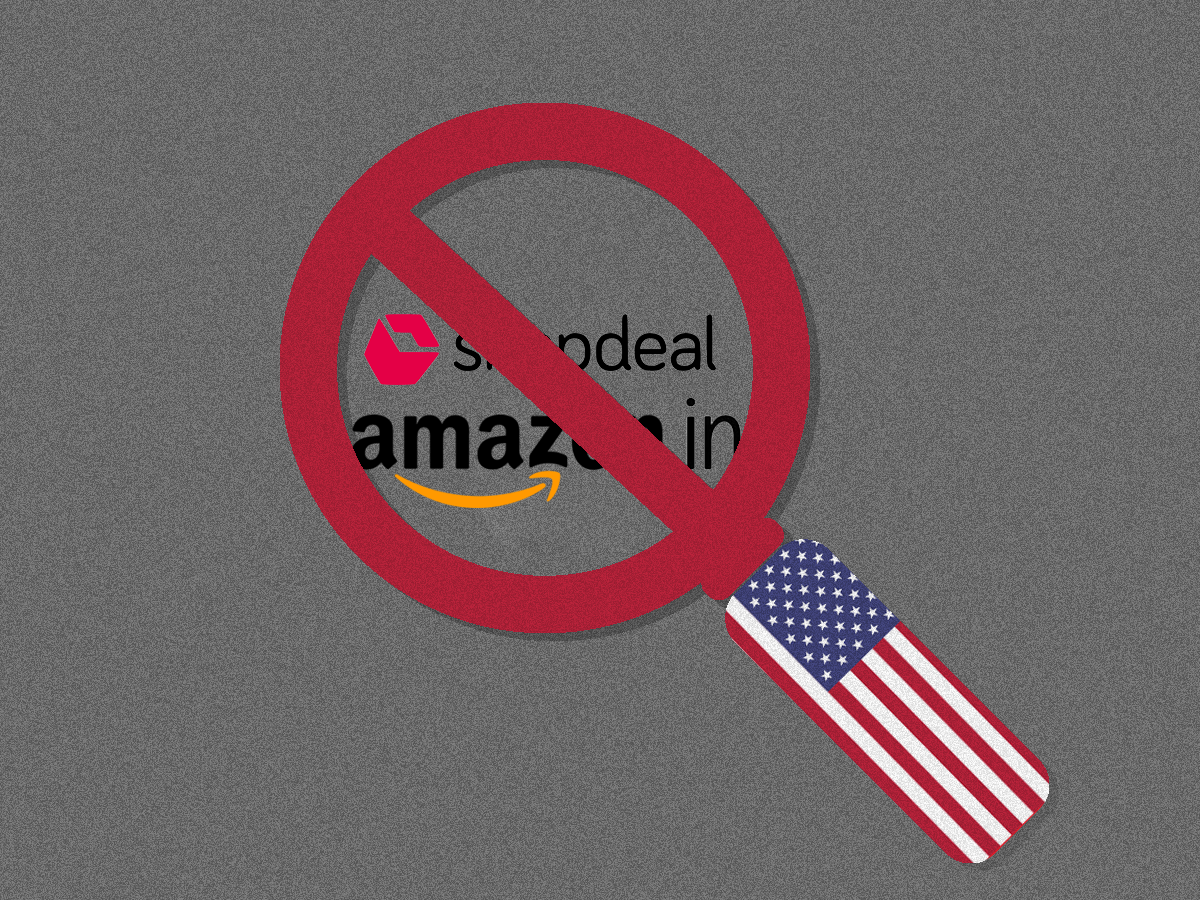
Earlier in the week, two e-commerce marketplaces operating in India – Snapdeal and Amazon India – were marked out for listing counterfeit and pirated products by the United States government, even as India continues to delay passing laws that will address the issue of fake goods sold online.
In fact, India has been working on two specific sets of rules – the National E-commerce Policy and Consumer Protection (E-commerce) Rules – which have substantial bearing on the sale of counterfeit products online.
While the first drafts of both legislations were released as far back as 14 months and eight months ago, respectively, it isn’t clear when they will actually get passed.
The U.S. Trade Representative’s office, which released its annual list of ‘Notorious Markets for Counterfeiting and Piracy’ on Wednesday, said one of its goals was to “motivate appropriate action by the private sector and governments to reduce piracy and counterfeiting.”
While Amazon India and Snapdeal both said they had made investments in technology and manpower to weed out fake products listed on their websites, apart from offering brands tools to notify and flag products that infringe upon their rights, the long delay in passing the legislation has meant such initiatives have been purely voluntary.
To be sure, both draft regulations call for e-commerce marketplaces to clearly list details of the seller, including their name, phone number, email and address to make it easier for brands and consumers to track down sellers. They also set fixed deadlines within which issues surrounding sale of counterfeit products must be addressed by marketplaces.
India’s law on foreign direct investment (FDI) in e-commerce, too, has a clause asking for the clear display of the name, address and other contact details of a seller by online marketplaces.
According to the US government report, concerns have been raised over “misleading” seller information displayed by Amazon and that the company’s “counterfeit removal processes can be lengthy and burdensome”.
An Amazon spokesperson said the company strongly disagreed with its characterization in the report.
“This purely political act is another example of the Administration using the U.S. government to advance a personal vendetta against Amazon,” the spokesperson said.
Snapdeal also said it firmly disagreed with the report’s findings.
“The comments made in the report in respect of Snapdeal are factually incorrect in most aspects, are based on unverified inputs and are defamatory in nature,” a Snapdeal spokesperson said.
Leave a Reply